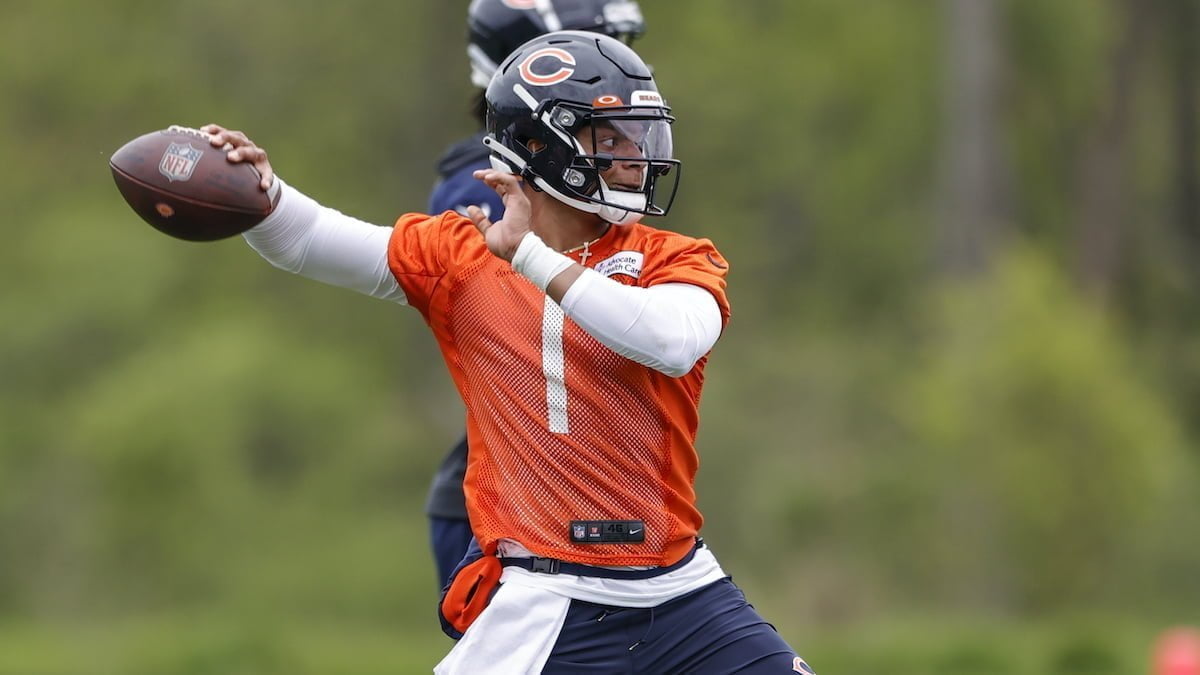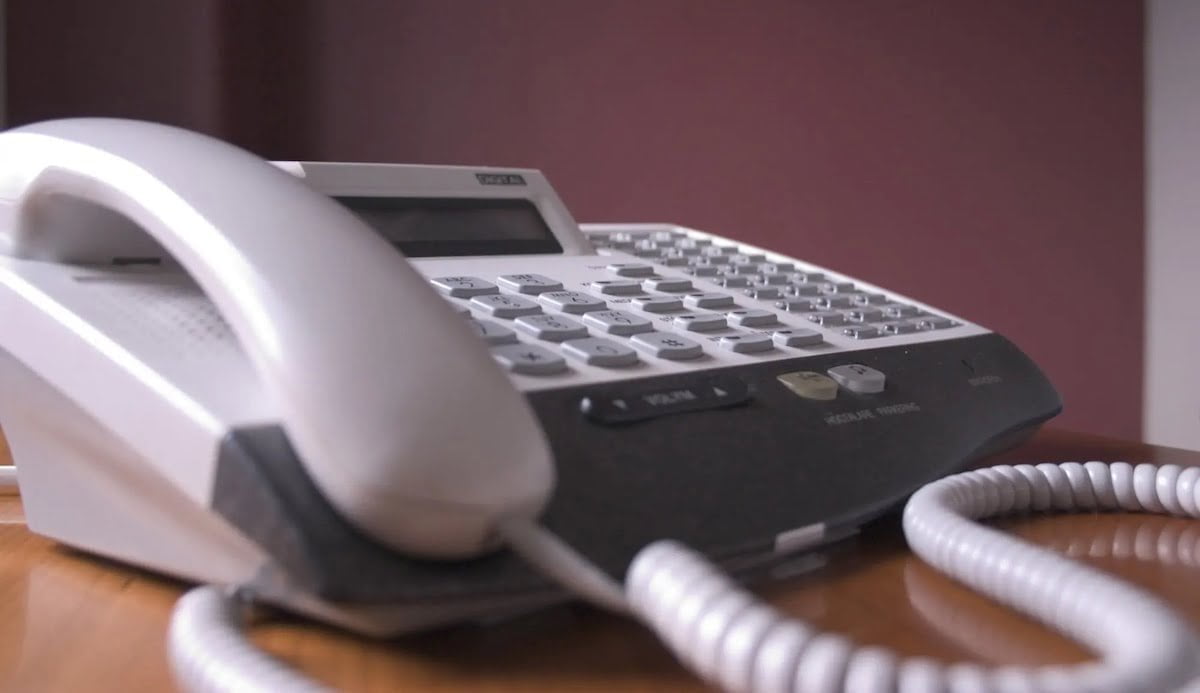Teams across the NFL have broken from OTAs and are now either in or about to be in minicamp. This is the time to reinforce the basic good habits anyone in the business needs to master in order to thrive. It is the time to observe your talent and think about what new things you can do with them.

We are hearing a lot about young quarterbacks across the league. Some look great. Some…well, don’t. There are plenty of reports about highly drafted rookies at other positions and how they are fitting into teams’ defensive schemes. Then of course, there’s Aaron Rodgers, the story that isn’t going to die until it does.
Minicamp is never short on storylines and objects of intrigue. Very rarely do you see reports about the nitty-gritty. There aren’t a lot of SportsCenter segments about exactly what Bruce Arians is doing in his golf cart or what Arthur Smith’s daily schedule is like for Kyle Pitts.
That is what I want to talk about today…kinda. I want to talk about how we would design a minicamp if we had them in the sports radio business.
What would be the best way to use the time? Do you focus on the basics and improve everyone from the ground up? Do you put the onus squarely on your stars and challenge them to get better? Are you looking at the “bottom of your roster” with a keen eye on who actually makes you better and how you can best use them?
This is all an exercise in imagination, so I asked the industry how they would do it. Programmers from around the country weighed in with their ideas on what may make up a sports radio minicamp. Enjoy.
KYLE BROWN – 710 ESPN IN SEATTLE
It’s minicamp so we’re sticking to the fundamentals, blocking and tackling type stuff. We’ll get deep into install when Training Camp rolls around.
For now, we’re focusing on our foundation: show prep, sticking to the clock, and executing teases. I’m expecting full participation with no veteran holdouts. We can’t have that on this team, too destructive to our culture.
ADAM KLUG – 97.3 THE FAN IN SAN DIEGO
NFL teams use minicamp to re-instill the basics and fundamentals of football into their players: blocking, tackling, etc. If a sports radio PD ran a minicamp for talk show hosts, it should be used in the same way. Two of the biggest fundamentals that a radio host should have top of mind at all times, but are often taken for granted, are: knowing your audience and effective teasing.
A host should always know who they are broadcasting to, and actually broadcast to that audience. Too often a local host, or even a network host, is interested in a topic or a team or a sports league that their audience has no interest in, or for a network host, for a market their show is not cleared in. Your first job is to entertain your audience, so discuss topics they are interested in.

Teasing is also extremely important, and can be done in various ways, yet is often taken for granted. A tease at the end of a segment should not be telling the listener what is coming up after the break; it should be giving a reason why the listener should stick through the break! Teasing within a segment can also be effective, by giving the listener a reason to listen to the entire segment. Not broadcasting to your audience’s interests and lazy teases are issues many hosts have, because they believe their audience will listen no matter what, but in today’s world that offers so many choices, that just isn’t the case.
JOHN MAMOLA – 95.3 WDAE IN TAMPA
The point of any football mini camp is to look at your roster, and see what traits or skills each player has and where they fit on your roster moving into the season. Most radio stations know their starting lineup or have had it for a number of years, but refining or building up some skill sets of the younger and up and coming athletes/talent already have that your current roster can shape into their own is vital to the success and staying power of your roster and brand.
So how well does each talent know how to reach a digital audience, and when’s the last time they tried anything specifically digital? Does your talent have a grasp that their audience may be tuning in the same, more, less outside their daypart than when they’re actually live? Are they using social media to enhance their on air and on demand content? Are they thinking outside the box with content and interviews? And more importantly than ever, how well do they network with your sales department on driving revenue utilizing the entire on air and digital picture?
There’s no real playbook at this mini camp, but a ton of drills (questions) to work towards finding those answers moving into finding ways to be better each and every day.
SCOTT MASTELLER – WBAL NEWS RADIO IN BALTIMORE
I would focus on the “Blocking and Tackling” of Spoken Word Radio. Always good to have a refresh on the fundamentals that help drive quarter-hours.

- Topic selection is everything. Much like the plays a football teams has in their playbook. It all comes down to execution.
- Do not waste time; get right to the core of the topic you are talking about.
- Never Assume the audience knows what you know.
- Make sure you take care of the basics.
- Tease-tease-tease. Tell the story to the consumer and make sure every segment delivers a payoff.
- Be specific and give the listener a reason to hang around for the next segment.
- Make sure you re-set the guest and/or conversation as the audience is constantly changing.
- Keep interviews interesting with short open-ended questions.
- Know how long to go with a caller and also know when to not take a call.
Always ask yourself if the content you are presenting plays to the broadest set of the audience that is consuming your content!
MATT NAHIGIAN – 95.7 THE GAME IN SAN FRANCISCO
Our first day of training camp starts with the word passion. If you don’t have a passion for what you do the blocking, tackling and fundamentals don’t matter. Every day you crack that microphone, the listener should know right away what topic is touching you and means something to you. It could be something local, but it might not be. If it isn’t, it’s important to find a way to bring it back or tie it in to your local audience.
After we establish how important the passion part is, we move on to the blocking and tackling. It sounds cliche, but under the current system we are in, playing the hits and hitting the breaks are fundamentals that have to perfect each and every day if you want to win. Passion first, fundamentals a close second. We are ready for the Week 1!
RYAN PORTH – 102.5 THE GAME IN NASHVILLE
In a short amount of time, I’d want to focus on just a few things with hosts: quality over quantity, if you will.
One of the most important things in sports radio is topic development; a crash-course on improving topic development, what works and what doesn’t, would be at the top of the list for mini-camp. You can win or lose quarter hours based on topic selection, but proper development of those topics is a winning recipe.
Another item to discuss in mini-camp would be teasing; there’s value in a good tease to keep your audience hooked to the other side of a break. In today’s world where stations could still be playing catch up from financial losses due to the pandemic, it’d also be important to spend time on how hosts can interact with the sales team to benefit both the individual and the station.
JEFF RICKARD – 93.5 & 107.5 THE FAN IN INDIANAPOLIS
I would drill staying on the clock, working on great teases and having a plan.

At the beginning of the day I would have everyone write down the three biggest, most interesting topics of the day; they should focus on those to the exclusion of almost anything else. Later in camp, we’ll introduce how to constantly spin those topics and keep them entertaining. I already know they have great talent, now I want to show them how to get the most out of what they do best.

Demetri Ravanos is a columnist and features writer for Barrett Media. He is also the creator of The Sports Podcast Festival, and a previous host on the Chewing Clock and Media Noise podcasts. He occasionally fills in on stations across the Carolinas in addition to hosting Panthers and College Football podcasts. His radio resume includes stops at WAVH and WZEW in Mobile, AL, WBPT in Birmingham, AL and WBBB, WPTK and WDNC in Raleigh, NC.
You can find him on Twitter @DemetriRavanos or reach him by email at DemetriTheGreek@gmail.com.







